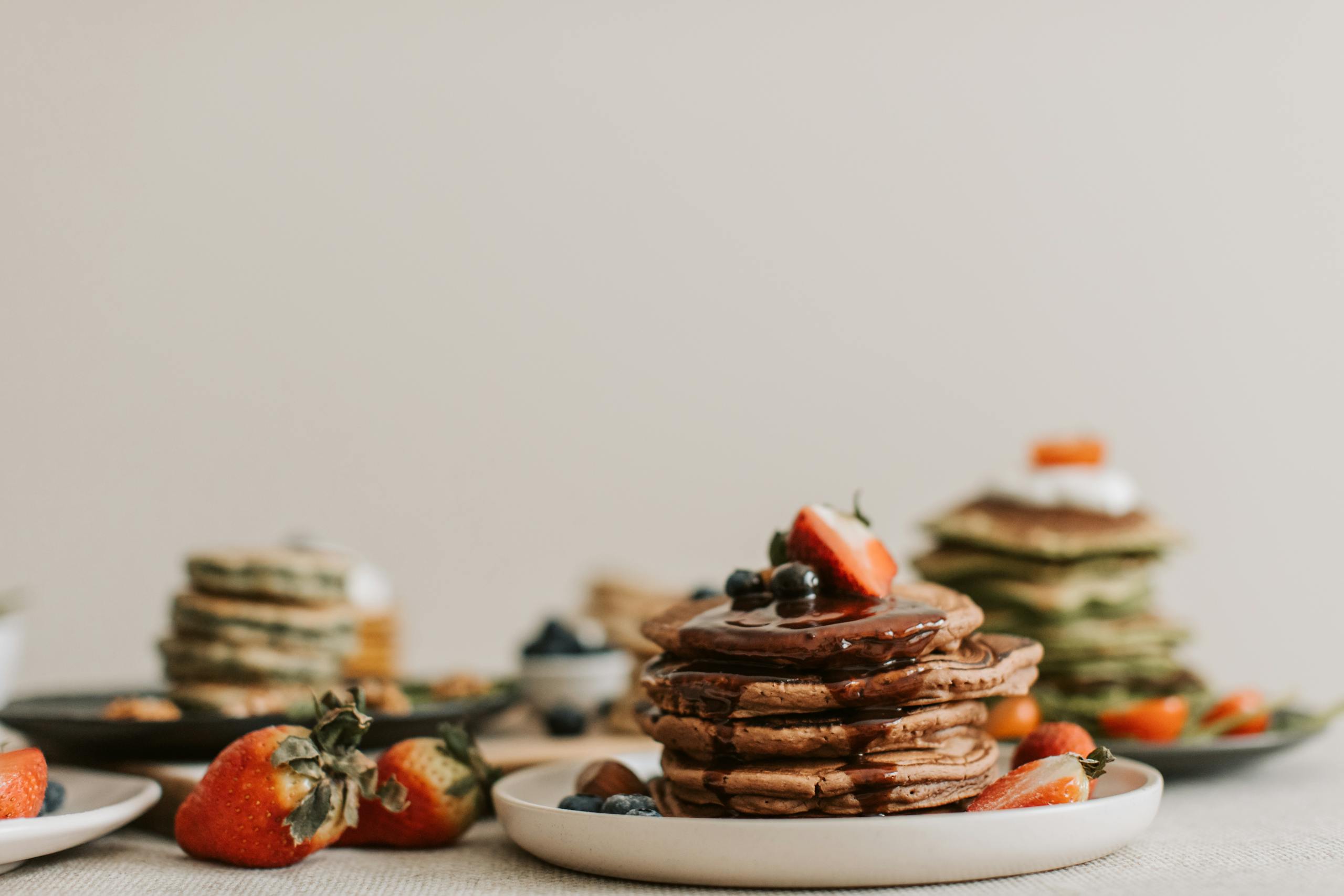Do Calories Really Matter? Why Food Quality Changes Everything
We’ve all heard it: “Weight loss is simple — just eat fewer calories than you burn.”
It’s neat, it’s tidy, and it sounds reassuring. But here’s the truth: when it comes to your energy, weight, hormones, and overall health, it’s not the full picture.
Yes, calories matter — but what you eat changes how your body absorbs, processes, and responds to those calories. And that’s where things get interesting.
Do Calories Really Matter? The Science Isn’t That Simple
It’s true that if you consistently eat fewer calories than you burn, you’ll usually lose weight. But that assumes that every calorie behaves the same way in your body — and they don’t.
Two meals can both be labelled 500 kcal, yet lead to completely different outcomes depending on:
- How many calories you actually absorb
- How your hunger and satiety hormones respond
- How your blood sugar and insulin levels react
- How your gut microbiome processes the food
- And how your brain’s reward pathways influence your next bite
This is why someone eating mostly minimally processed, single-ingredient foods often feels full, energised, and stable — while someone eating the same number of calories from ultra-processed foods (UPFs) may feel constantly hungry, crave more, and store more fat.
Calories You Eat ≠ Calories You Absorb
Here’s something rarely talked about: your body doesn’t absorb all the calories you eat — especially when you eat whole, minimally processed foods.
Research shows we absorb up to 20% fewer calories from foods like nuts, seeds, legumes, and vegetables because:
- Plant cell walls trap fats, so some energy passes through undigested
- Fibre binds calories and escorts them out of the body
- Resistant starches and intact proteins require more work to digest
Example:
A handful of almonds labelled 170 kcal might actually deliver closer to 130 kcal to your body.
Ultra-processed foods are the opposite:
- Fibres are pulverised
- Fats are emulsified
- Proteins are pre-digested
Result? Nearly 100% of the calories in UPFs are absorbed — and absorbed rapidly, often faster than your body can regulate.
So when we ask, “Do calories really matter?” the real answer is: yes — but some calories are harder to get than others. That’s a huge advantage when it comes to maintaining a healthy weight without feeling deprived.
UPFs, Hunger, and Hormones: Why They Make You Eat More
Even when calories are matched, UPFs create a perfect storm for overeating because they:
- Contain less fibre, so you feel less full
- Cause blood sugar spikes and crashes, which drive cravings
- Alter ghrelin (hunger) and leptin (satiety) signalling
- Light up your brain’s reward pathways, making them addictive
- Deliver calories so quickly that your gut-brain axis doesn’t have time to register fullness
This isn’t just about willpower — it’s biology. UPFs are engineered to bypass your natural “stop” signals, meaning you’re more likely to keep eating without realising it.
The 2025 Nature Medicine Study: Same Calories, Different Results
A landmark Nature Medicine study in 2025 put this to the test:
- Participants ate matched meals for calories, carbs, protein, fat, fibre, fruit, and veg
- The only difference? Level of food processing
The results were striking:
- Minimally processed diet → double the weight loss, better blood sugar control, improved cholesterol, and less visceral fat
- Ultra-processed diet → participants reported more fatigue, poorer digestion, and higher hunger levels
In other words, when we ask “Do calories really matter?” this study shows us that food quality changes everything. You can read the study HERE.
Why This Matters for Your Energy, Hormones, and Weight
If you’ve been counting calories and still struggling with fatigue, cravings, or stubborn weight, it’s not a lack of discipline — it’s the quality of your calories.
Focusing on single-ingredient, nutrient-dense foods can help you:
- Absorb fewer calories without eating less
- Feel satisfied for longer
- Balance blood sugar and hormones naturally
- Reduce cravings and improve energy stability
- Support gut health and long-term metabolic resilience
This isn’t about restriction — it’s about working with your biology, not against it.
The Bottom Line
So, do calories really matter? Yes — but not in isolation.
Your body treats calories from a handful of almonds very differently than calories from a packet of crisps. Food quality influences how much energy you absorb, how hungry you feel, and how your hormones respond — and that’s why simply “eating less” often fails in the long run.
When we focus on real, minimally processed foods most of the time, we stop fighting against our physiology and start creating balance naturally. That’s when eating well becomes simpler, steadier, and far less exhausting.
If you’ve been trying to improve your energy, balance your hormones, or manage your weight but feel stuck, this is exactly what I help clients with inside Resync & Restore — a personalised, science-backed approach that works with your body, not against it.
join the Autumn reset
Eat Like the Land Intended
a week of ancestral autumn eating
Starts Monday 15th September
Rooted in ancestral wisdom and seasonal simplicity, this gentle 7-day reset helps you nourish your body the way nature intended—using local autumn foods, daily rhythms, and circadian-aligned practices that support energy, digestion and hormones.
You’ll receive a full seasonal meal plan (with batch-cook tips, quick breakfasts, and no faff), simple daily cues to support your sleep, energy and mood, and WhatsApp support throughout the week. No calorie-counting. No extremes. Just real food, structure, and a steady return to balance.
If you’re feeling scattered, sluggish or craving calm routine, this is your invitation to slow down, warm up, and resync.

